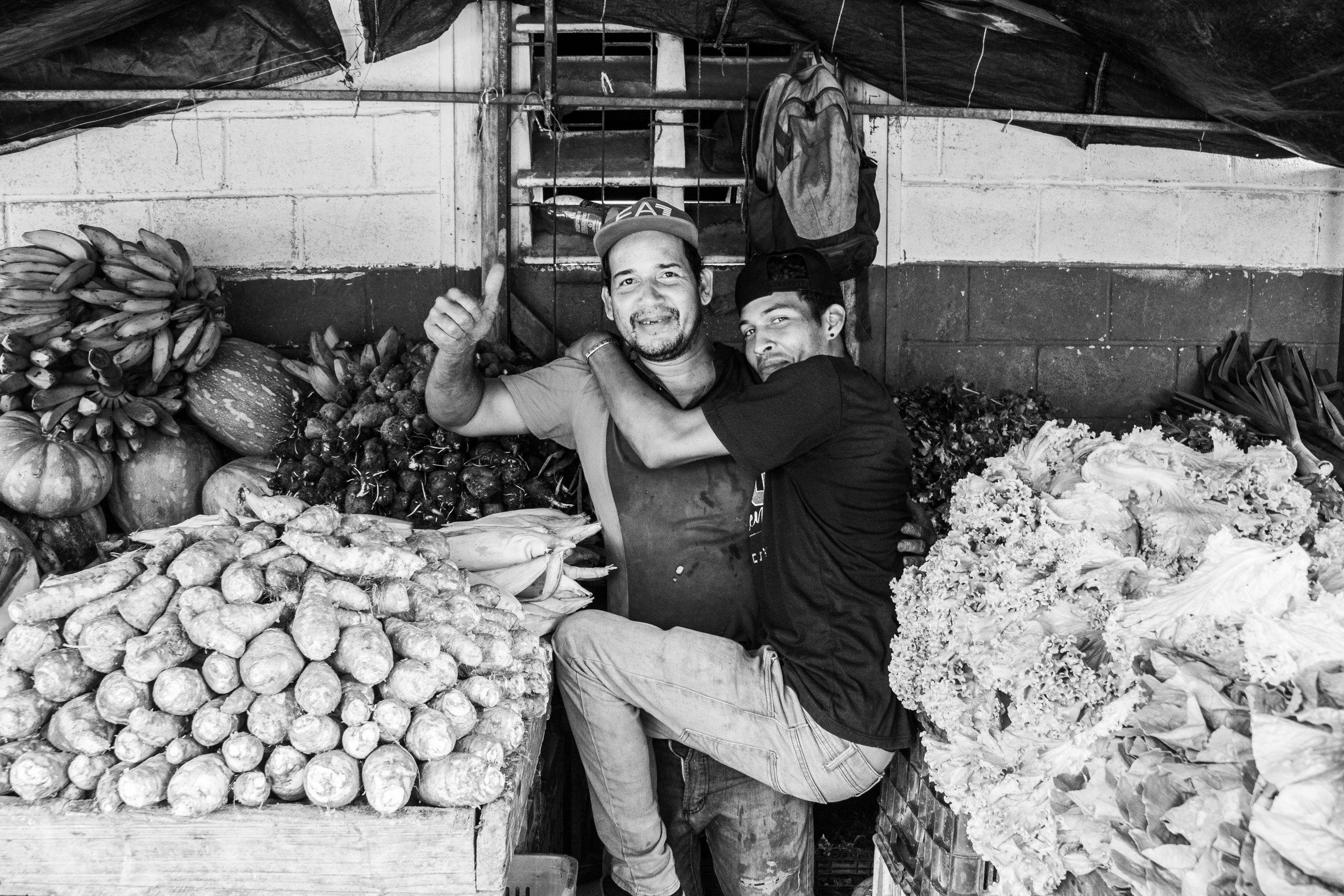
It's often said that the Caribbean is a land of warm, cheerful, and kind people.
I'm from a Caribbean country, and of course that's true, but it's not an absolute truth either.
And precisely that stereotype makes it so that you don't see the other side of the coin.
A friend of mine, who is also Venezuelan, lives in Europe. He tells me that I have to leave the country to realize that, for the most part, this stereotype is true.

Se suele decir que el Caribe es una tierra de gente cálida, alegre y amable.
Yo soy de un país caribeño, y por supuesto que es cierto, pero tampoco es una verdad absoluta. Precisamente, ese estereotipo impide ver el otro lado de la moneda.
Un amigo, quien también es venezolano, vive en Europa y me dice que tengo que salir del país para darme cuenta de que ese estereotipo es, en buena parte, cierto.

I understand his point and I don't deny that he's right. What I told him was that maybe nostalgia is playing a trick on him, because just like everywhere else in the world, there are good people and bad people.
And I know that local character is measured by collective behaviors, so that image people have of Caribbean countries must be true for a reason.
But my point is that a Caribbean person is more than that; they are hardworking, survivors, but they also have a dark side, which also influences the drama of their societies.

Entiendo su punto y no niego que tenga razón. Lo que le respondí fue que quizás la nostalgia le juega una pasada, porque como en todos lados del mundo, hay gente buena y gente mala.
Y sé que la idiosincrasia se mide por comportamientos colectivos, así que por algo será cierta esa imagen que se tiene de los países caribeños. Mi punto es que el caribeño es más que eso: es trabajador, sobreviviente, pero también tiene un lado oscuro que influye en los problemas de sus sociedades.

